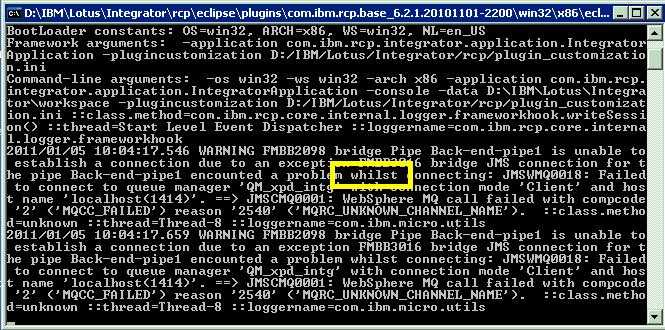How parents educate their child
|
A Desirable Parental Role |
|
When dealing with oppositional parents, it may be beneficial to consider the role of parents in their child's education in order to guide them in an appropriate direction. The role of parents may be divided into three main categories: (1) the parent's role in showing support for their child's education, (2) the parent's role in making their home a good place for learning, and (3) the parent's role in helping with homework. Following a brief introduction to each topic, a list of suggestions for parents has been provided. It may be helpful to share these suggestions with parents. By recognizing the roles of parents in their child's education and
offering them support to reach those roles, staff members are communicating
to parents that their role in their child's education is valued. Showing Support for a Child's Education * Attendance: Good school attendance is important to academic
achievement. When students are absent from school they miss vital instruction. Making a Home a Good Place for Learning Helping With Homework References Liontos, Lynn, "How Can I Be Involved in My Child's Education?" [Online]
Available at http://www.npin.org/library/pre1998/n00359/n00359.html,
1999. National Association for the Education of Young Children, "Making Child
Care Work for Everyone: Early Years are Learning Years," [Online] Available
at http://npin.org/library/1999/n00091/n0009.html, 1999. "Parents Need to Become Involved in their Child's Education." [Online]
Available at http://eric-web.tc.columbia.edu/families/nul/nulbasic. Raimondo, Bev, "Tearing Down the Wall Between Parents and School."
[Online] Available at http://middleweb.com/CSLV3Parent.html, Winter
1998. Wildman, Louis and Wang, Jianjun, "An Empirical Examination of the Effects of Family Commitment in Education on Student Achievement in Seventh Grade Science," in Journal of Research in Science Teaching, Vol. 32 (1995), No. 8, pp. 833-837. |
|
Home |
The Role of Parents in Education
Parents
October 5, 2022
| Click to sign-up for my newsletter to receive FREE resources monthly! |
The Role of Parents in Education
Although most structured learning takes place in the confines of the school, that doesn’t mean that parents cannot have an active role in their children’s education.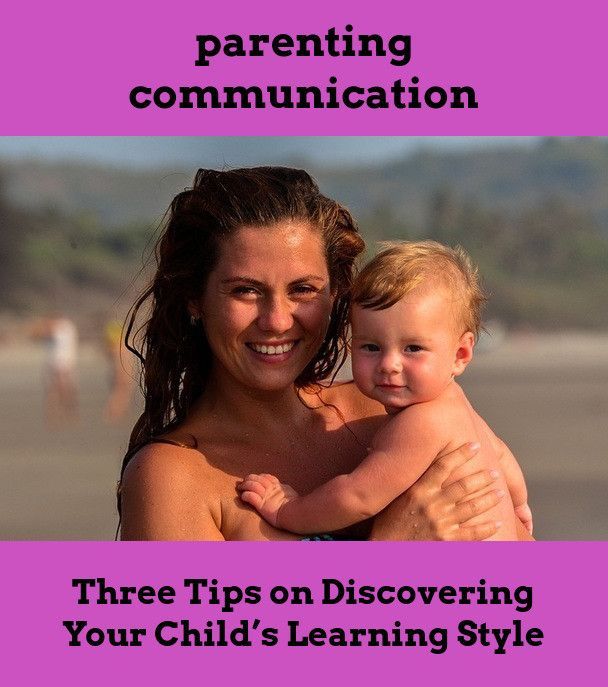 On the contrary, parents can encourage, motivate, and even influence their kids to do well in school. This article will discuss the roles that parents play in the education of their children.
On the contrary, parents can encourage, motivate, and even influence their kids to do well in school. This article will discuss the roles that parents play in the education of their children.
- Monitor their child’s progress in school:
Parents should have active participation in their child’s school. They should be aware of how their child is progressing in school. The online grading portals, report cards, and the school progress reports provide parents a pretty good picture of the student’s performance – grades, attendance, behavior, and evaluation of the teacher.
- Coordinate with teachers:
The teacher is the best person to talk to on how well a child is doing in school. Often, the teacher will be able to give feedback not just on the academic aspect, but the emotional, and social aspects as well. Parents will be made aware if there are problems that may be hindering learning and student achievement.
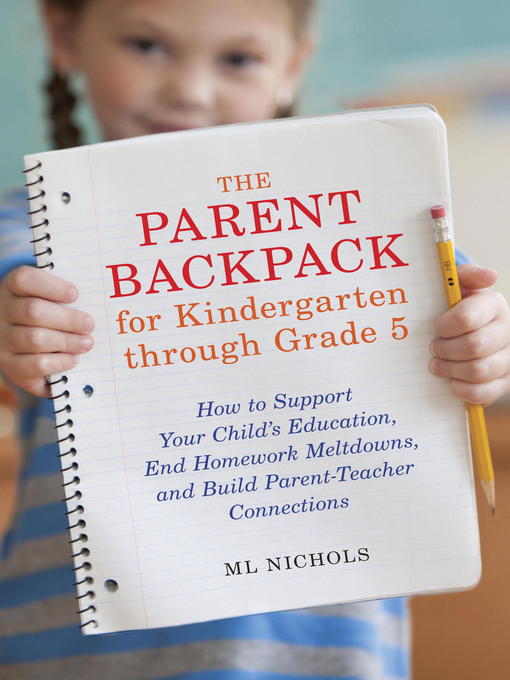 Click here to learn more about how to support your child at home.
Click here to learn more about how to support your child at home.
- Attend Parent-teacher Meetings:
A parent-teacher association, or PTA, is an organization composed of parents and teachers that is intended to facilitate parental participation in school. Most elementary and middle schools (whether public or private) have a PTA. Parent-teacher associations take an active role in developing programs that support the educational needs of children. They also promote strong partnerships among families, schools, and communities.
- Participate in School Activities:
School activities are great opportunities to bring together students and parents. Students are strongly encouraged to participate in school functions, contests, and sports. Children naturally want to exhibit their talents and skills for everyone to see, especially their parents.
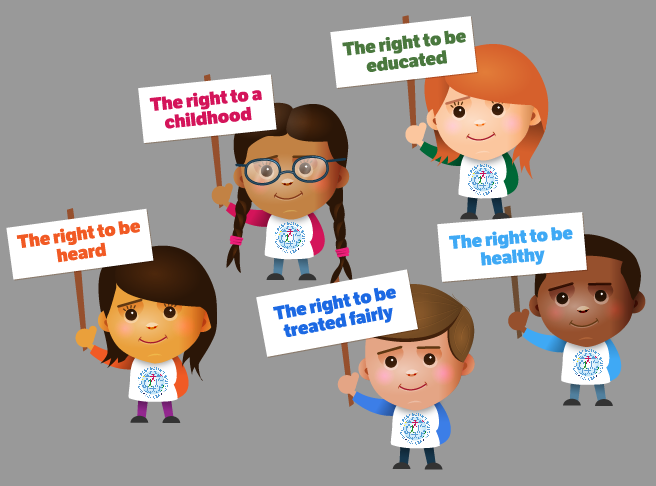 It’s also an excellent opportunity to get a “feel” of the school environment and how students interact with each other.
It’s also an excellent opportunity to get a “feel” of the school environment and how students interact with each other.
- Be a role model for learning:
Parents serve as the first teachers of their kids during the early years. The responsibility of teaching doesn’t end when a child starts going to school. Often, children will need help in their assignments – in math, science, and social studies. It is the parent’s job to show how exciting and useful learning can be. Through proper guidance, parents can help their kids manage their time and strike a balance between recreation (watching TV, playing games, surfing the net) and school.
- Connect what your child learns to everyday life:
More often than not, many of the things that your kids learn in school can be associated with everyday life. For example, you can talk to your child about units of measurement when cooking. In the field of science, you can discuss celestial bodies (sun, moon, stars), and the weather outside.
 If your child shows interest in gadgets and things, you can explain how the computer, refrigerator, and other appliances work. You can also discuss safety inside and outside the home (what to do during a storm, fire, or earthquake). Make this a part of your child’s everyday experience to fuel your child’s curiosity and desire to learn.
If your child shows interest in gadgets and things, you can explain how the computer, refrigerator, and other appliances work. You can also discuss safety inside and outside the home (what to do during a storm, fire, or earthquake). Make this a part of your child’s everyday experience to fuel your child’s curiosity and desire to learn.
Conclusion
When parents are keenly involved in their children’s education, the children are more likely to perform better in school. The things mentioned above are just some of the ways to get involved in the educational success of your kids. For more, read Dear Parents…Lessons from Your Child’s Teacher: The Parent and Teacher Guide to Creating a Better Bond.
INcompassing Education knows how important education is in the lives of students. This is the reason why we do our part to improve the quality of education through professional development for educators. Contact us and get to know more about our amazing team!
| Click to sign-up for my newsletter to receive FREE resources monthly! |
More blogs:
- Simple Strategies for Big Worries
- Understanding and Addressing Stress in the Classroom
- Cultivating Hope in the Classroom & Beyond
This post contains Amazon Affiliate links.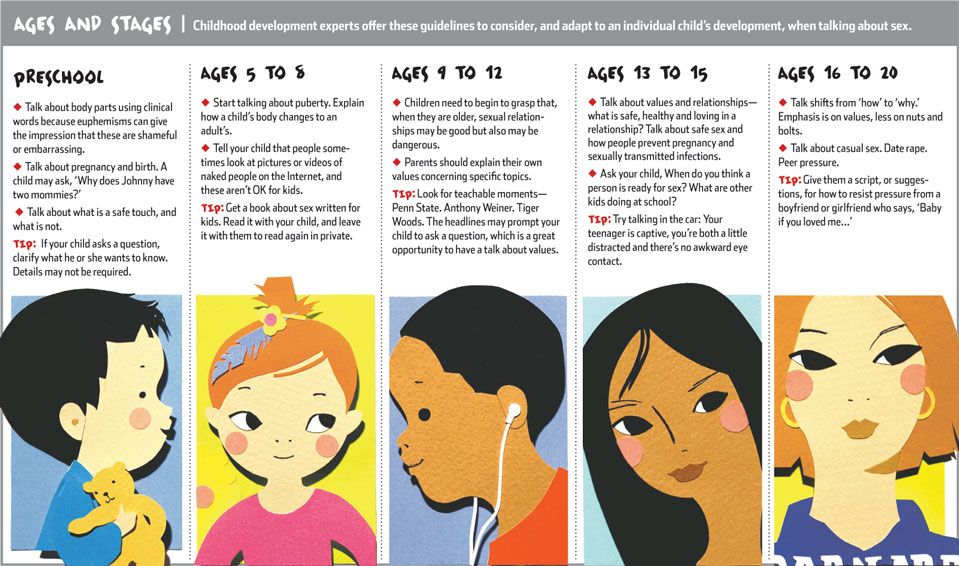 We earn on qualifying purchases at no cost to you.
We earn on qualifying purchases at no cost to you.
children classroom conferences education kids learning parents principals school students support teachers
Hit enter to search or ESC to close
Copyright © 2022 - INcompassing Education, LLC . All Rights Reserved. Privacy Policy
WordPress Di Responsive Theme
Raising children right
Janusz Korczak Ten Commandments for Parents
1. Don't expect your child to be like you or the way you want. Help him become not you, but himself.
2. Do not ask your child to pay for everything you have done for him. You gave him life, how can he thank you? He will give life to another, that to a third, and this is an irreversible law of gratitude. nine0005
3. Do not take out your grievances on the child, so that in old age you do not eat bitter bread. For what you sow, that will come up.
4. Don't look down on his problems. Life is given to everyone according to their strength and, be sure, it is no less difficult for him than for you, and maybe more, because he has no experience.
Don't look down on his problems. Life is given to everyone according to their strength and, be sure, it is no less difficult for him than for you, and maybe more, because he has no experience.
5. Do not humiliate!
6. Do not forget that the most important meetings of a person are his meetings with children. Pay more attention to them - we can never know who we meet in a child. nine0005
7. Don't beat yourself up if you can't do something for your child. Torture if you can - but you don't. Remember, not enough is done for a child if everything is not done.
8. A child is not a tyrant, it is a person who, like everyone else, needs attention and love.
9. Know how to love someone else's child. Never do to someone else what you would not like to be done to yours.
10. Love your child in any way - untalented, unlucky, adult. Communicating with him - rejoice, because the child is a holiday that is still with you.
10 parenting mistakes everyone has ever made...
All parents raise their children to the best of their ability and understanding of life and rarely think about why in certain situations they act this way and not otherwise. However, every mother has moments in her life when the behavior of her beloved child is baffling. Or maybe the adults themselves, using radical methods of education, do something that makes them ashamed later. You are not alone in your mistakes, all parents make them from time to time. But it's always better to learn from someone else's mistakes, isn't it? nine0005
Error one - a promise not to love anymore
"If you don't be the way I want, I won't love you anymore"
Parents' opinion:
Why do children so often argue about any of our requests? Maybe they are doing it to spite us, what to do? Call for common sense? Yes, they just do not hear what adults tell them. Threaten? It doesn't work anymore. In such cases, many use a kind of trump card: "Now mommy will no longer love you." How often do many of us say this phrase. nine0005
Threaten? It doesn't work anymore. In such cases, many use a kind of trump card: "Now mommy will no longer love you." How often do many of us say this phrase. nine0005
Psychologists' opinion:
A promise not to love your baby again is one of the most powerful means of parenting. However, this threat is usually not carried out. And children perfectly feel falseness. Once deceived, you can lose the trust of the child for a long time - the baby will perceive you as deceitful people.
It is much better to say this: "I will still love you, but I do not approve of your behavior."
nine0005
Second error - indifference
"Do what you want, I don't care"
Parents' opinion:
Why stress? Arguing, looking for arguments, proving something to the baby, getting nervous? The child must learn to solve his own problems. And in general, the child must be prepared for adulthood, let him soon become independent. And leave us alone.
And leave us alone.
nine0075 Psychologists' opinion:
Never show your child that you don't care what he does. The baby, sensing your indifference, will immediately begin to check how "real" it is. And, most likely, the test will consist in committing acts that are inherently bad. The child waits to see whether criticism will follow or not. In a word, a vicious circle. Therefore, instead of ostentatious indifference, it is better to try to establish friendly relations with the child, even if his behavior does not suit you at all. nine0005
You can say, for example, like this: "You know, I completely disagree with you on this issue. But I want to help you because I love you. Any time you need it, you can ask me for advice."
Error three - too much strictness
"You have to do what I told you, because I'm in charge of the house"
Parents' opinion:
Children should obey their elders implicitly - this is the most important principle in education. Discussions are not allowed here. It does not matter how old the child is - 6 or 16 years old. Children should not be given concessions, otherwise they will finally sit on our necks.
Psychologists' opinion:
Children must understand why and why they do something. Too strict upbringing, based on principles that are not always clear to the child, resembles training. A child can unquestioningly do everything when you are around, and "spit" on all prohibitions when you are not around. Persuasion is better than rigor. If necessary, you can say this: "You are now doing as I say, and in the evening we will calmly discuss everything - why and why." nine0005
Fourth mistake - children should be pampered
"Maybe I'll do it myself. My baby can't do it yet"
Parents' opinion:
We are ready to do everything for our baby, because children should always get the best. Childhood is such a short time, so it must be wonderful. Moral teachings, failures, dissatisfaction - it is in our power to save the kids from all difficulties and troubles. It is so nice to guess and fulfill any desire of the child. nine0005
Childhood is such a short time, so it must be wonderful. Moral teachings, failures, dissatisfaction - it is in our power to save the kids from all difficulties and troubles. It is so nice to guess and fulfill any desire of the child. nine0005
Psychologists' opinion:
Spoiled children have a very hard time in life. You can not keep the only child under the cap of parental love, in the future this can lead to many problems. Believe me, when parents remove literally every pebble from the baby's path, this does not make the child feel happier. Rather, on the contrary, he feels completely helpless and alone. “Try to do it yourself, and if it doesn’t work out, I’ll be happy to help you,” is one of the options for a wise attitude towards a daughter or son. nine0005
Fifth error - imposed role
"My child is my best friend"
Parents' opinion:
A child is the main thing in our life, he is so smart, you can talk with him about everything.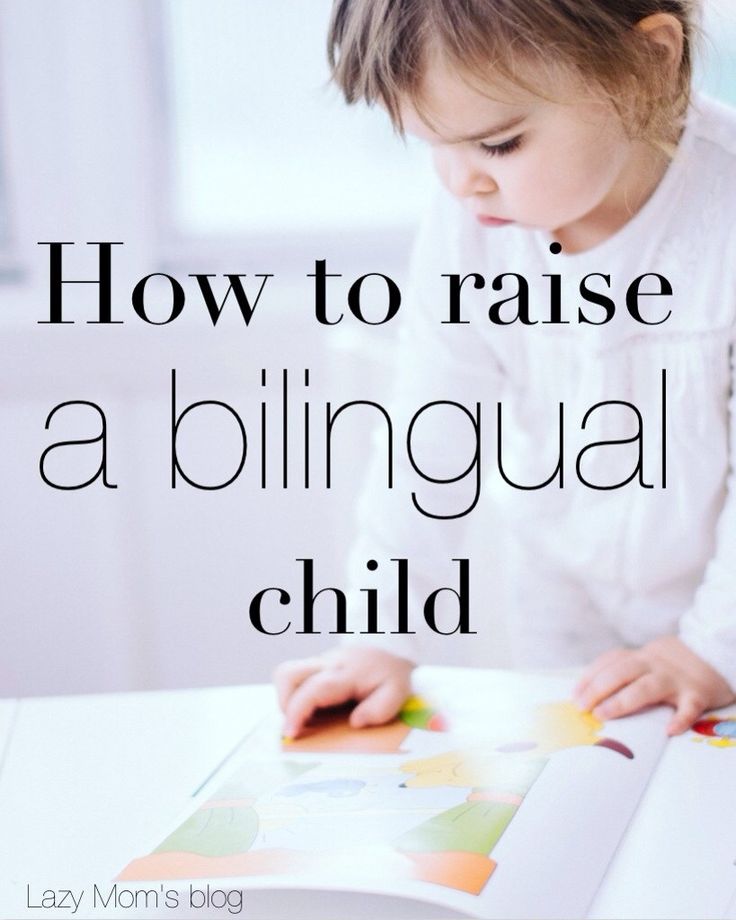 He understands us, just like a real adult.
He understands us, just like a real adult.
Psychologists' opinion:
Children are ready to do everything to please their parents, because dad and mom are the most important people in the world for them. Toddlers are even ready to plunge into the complex world of adult problems, instead of discussing their interests with their peers. But at the same time, their own problems remain unresolved. nine0005
Sixth error - monetary
"More money - better education"
Parents' opinion:
We are too tight on funds, so we cannot even afford to pamper the child, we constantly have to refuse him everything, he wears old things, etc. In a word, if we had more money, we would be better parents.
Psychologists' opinion:
Love cannot be bought with money - it sounds rather banal, but it is true. It often happens that in families with low incomes, adults do everything so that the child does not need anything. But you should not feel remorse for not being able to fulfill all of his desires. In fact, love, affection, joint games and leisure time spent together are much more important for the baby than the contents of your wallet. And, if you look at it, it’s not money that makes a child happy, but the realization that he is the best for you. nine0005
But you should not feel remorse for not being able to fulfill all of his desires. In fact, love, affection, joint games and leisure time spent together are much more important for the baby than the contents of your wallet. And, if you look at it, it’s not money that makes a child happy, but the realization that he is the best for you. nine0005
Seventh error - Napoleonic plans
"My child will play music (tennis, painting), I won't let him miss his chance"
Parents' opinion:
Many adults dreamed of doing ballet, learning to play the piano or playing tennis as children, but they never had the opportunity. And now the main goal of dads and moms is to give children the best education. It doesn’t matter if the kids don’t really want this, time will pass, and they will appreciate the efforts of adults. nine0005
Psychologists' opinion:
Unfortunately, children do not always appreciate the efforts of their parents. And often a brilliant future, drawn by adults in their imagination, is shattered by the complete unwillingness of the child to engage in, say, music. While the baby is still small and obeys adults, but then ... wanting to break out of the cage of parental love, he begins to express protest in the ways available to him - it can be drug use, or just a hobby for hard rock at night. Therefore, filling the child's day with necessary and useful activities, do not forget to leave him some time for personal affairs. nine0005
And often a brilliant future, drawn by adults in their imagination, is shattered by the complete unwillingness of the child to engage in, say, music. While the baby is still small and obeys adults, but then ... wanting to break out of the cage of parental love, he begins to express protest in the ways available to him - it can be drug use, or just a hobby for hard rock at night. Therefore, filling the child's day with necessary and useful activities, do not forget to leave him some time for personal affairs. nine0005
Eighth error - too little affection
"A kiss and other tenderness is not so important for a child"
Parents' opinion:
Caress your little sister? What nonsense! Kiss mom? Hang out with dad? Yes, there is no time for that. Many adults believe that caresses in childhood can lead to sexual orientation problems later on. In short, no hugs and kisses - there are more necessary and serious things. nine0005
nine0005
Psychologists' opinion:
Children of all ages crave affection, it helps them feel loved and gives them self-confidence. But remember, the desire to caress should still, in most cases, come from the child himself. Don't actively force your love on your children - it can alienate them.
Error nine - your mood
"Is it possible or not? It depends on the mood"
Parents' opinion:
Troubles at work, bad relationships in the family, how often adults "let off steam" on a child. Many people believe that there is nothing to worry about. It is enough then to invite the baby and buy the long-promised toy, and everything will be in order.
Psychologists' opinion:
Parents should show the kid that they are pleased with his good deeds and upset bad ones. This creates in children a consciousness of the steadfastness of life values. When adults, for the sake of their egoism and mood, allow something today, and prohibit it tomorrow, the child can understand only one thing: it doesn’t matter what I do, the main thing is what mood my mother has. However, if you feel that you can’t change yourself, it’s better to agree with the child in advance: “So, when I’m in a good mood, you will not be allowed to do whatever you want. And if it’s bad, try to be lenient with me.” nine0005
When adults, for the sake of their egoism and mood, allow something today, and prohibit it tomorrow, the child can understand only one thing: it doesn’t matter what I do, the main thing is what mood my mother has. However, if you feel that you can’t change yourself, it’s better to agree with the child in advance: “So, when I’m in a good mood, you will not be allowed to do whatever you want. And if it’s bad, try to be lenient with me.” nine0005
Tenth mistake - too little time to raise a child
"Unfortunately, I don't have time for you at all"
Parents' opinion:
Many adults are very busy at work, but they try to spend every free minute with their children: they take them to the garden and school, cook for them, wash, buy everything they need. Children should themselves understand that parents simply do not have time to play and read with them. nine0005
Psychologists' opinion:
Adults often forget a simple truth - if you have already given birth to a child, you need to find time for him. A kid who constantly hears that adults do not have time for him will look for kindred spirits among strangers. Even if your day is scheduled by the minute, find half an hour in the evening (quality is more important than quantity in this matter) to sit by the baby’s bed, talk to him, tell a story or read a book. The little one needs it. nine0005
A kid who constantly hears that adults do not have time for him will look for kindred spirits among strangers. Even if your day is scheduled by the minute, find half an hour in the evening (quality is more important than quantity in this matter) to sit by the baby’s bed, talk to him, tell a story or read a book. The little one needs it. nine0005
Acceptance of a child is the basis of his upbringing
home
Parents
How to raise a child?
Acceptance of a child is the basis of his upbringing
- Tags:
- Expert advice
- 0-1 year
- 1-3 years
- 3-7 years nine0334 7-12 years old
- teenager
- children in the family
- family relationships
We dream of seeing our children beautiful, smart, successful, happy, while perhaps even determining the fate of the child in one way or another. But as they grow older, our children often do not justify our hopes: the future fashion model is gaining extra pounds, and the future luminary of medicine is not fond of biology. Parents sadly realize that the child does not live up to their expectations. nine0005
Parents sadly realize that the child does not live up to their expectations. nine0005
Non-acceptance of a child
Teachers and psychologists talk and write a lot about non-acceptance. The essence of this phenomenon is that parents try to change their children without accepting them for who they are. Children either interfere with their parents or do not live up to their expectations.
-
Unconditional rejection
Sometimes rejection is noticeable even without deep analysis. Unwanted children are placed in the care of grandmothers and kindergartens with round-the-clock stay, or the child is “terrorized” for every prank. Such rejection is called unconditional. The essence of this name is that the child will not be accepted by the parents under any circumstances. nine0005
Olga gave birth to her daughter Lenochka immediately after graduating from the 11th grade. I passed the exams with a huge belly, didn’t go to the graduation ball, and there was no way to enter the institute.
 Olga's parents fully provided for their granddaughter and daughter, but they could not physically help, as they worked. A little daughter from birth has become a burden for a young mother. Between feedings and walks, she wept about her fate. As soon as the girl grew up and started going to kindergarten, Olga left for the city, where she started working, rented an apartment and lived a free life. She rarely came home, she hardly saw her daughter. When Lenochka was 7 years old, her grandmother fell seriously ill. Hospitals began, and there was a need for Olga to take her daughter or come to live in the village again. Olga took her daughter, but she was not ready for her classes at school, changing her routine. The daughter tried to study, but not everything worked out, and her mother did not have time to help her daughter. Over time, Lenochka turned into a weak student. Olya also did not pay attention to the appearance of her daughter. They called her a loser and a slob, and the girl responded with aggression.
Olga's parents fully provided for their granddaughter and daughter, but they could not physically help, as they worked. A little daughter from birth has become a burden for a young mother. Between feedings and walks, she wept about her fate. As soon as the girl grew up and started going to kindergarten, Olga left for the city, where she started working, rented an apartment and lived a free life. She rarely came home, she hardly saw her daughter. When Lenochka was 7 years old, her grandmother fell seriously ill. Hospitals began, and there was a need for Olga to take her daughter or come to live in the village again. Olga took her daughter, but she was not ready for her classes at school, changing her routine. The daughter tried to study, but not everything worked out, and her mother did not have time to help her daughter. Over time, Lenochka turned into a weak student. Olya also did not pay attention to the appearance of her daughter. They called her a loser and a slob, and the girl responded with aggression. In a conversation with a teacher, Olya admitted that she hates her own daughter. nine0078
In a conversation with a teacher, Olya admitted that she hates her own daughter. nine0078 -
Emotional rejection
Rejection is not always obvious. Sometimes rejection manifests itself in emotional rejection:
-
Replacement of emotional contact with material values.
"I don't want to play with you, so I bought you an expensive game console." -
Complete lack of control.
"Let him do what he wants - I don't care, as long as he was full and healthy." nine0004 -
Cold relationship.
"I have nothing to talk to you about, you don't deserve to be talked to." -
Constant moralizing.
"You always do things wrong."
-
-
Conditional acceptance
The most veiled form of non-acceptance is conditional acceptance.
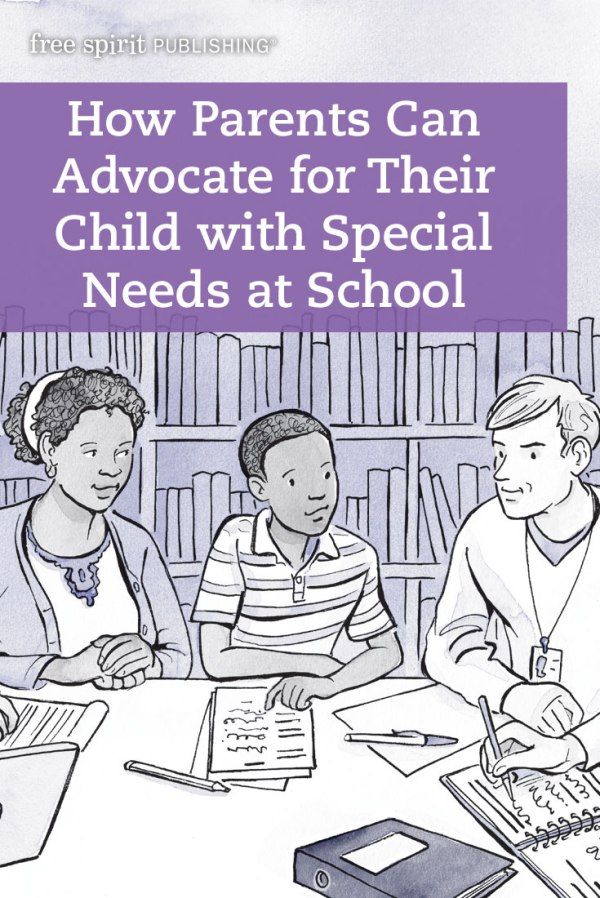 In this case, the parents accept their child only as long as it meets their requirements. Mom is proud of her daughter's successes, rejoices in victories, but stops communicating with failures, requires more work, scolds for low results, not trying to support and help. Sometimes all the shortcomings of the child are due to poor heredity. The expression "All in the father - the same useless loser" had to be heard by many in various variations. This is a rejection option. Conditionally adopted children live in constant tension to do something wrong, not to live up to expectations. They know that the love of parents directly depends on their success. nine0005
In this case, the parents accept their child only as long as it meets their requirements. Mom is proud of her daughter's successes, rejoices in victories, but stops communicating with failures, requires more work, scolds for low results, not trying to support and help. Sometimes all the shortcomings of the child are due to poor heredity. The expression "All in the father - the same useless loser" had to be heard by many in various variations. This is a rejection option. Conditionally adopted children live in constant tension to do something wrong, not to live up to expectations. They know that the love of parents directly depends on their success. nine0005 Six-year-old Zina says: “I have a sister, Tanya, she is 5 years old. Mom loves Tanya more. Tanya is as beautiful and slender as her mother, and I look like my father: plump and ugly. Mom says that if she were like her, she would love me.
Adoption of a child
Having a child is an important step.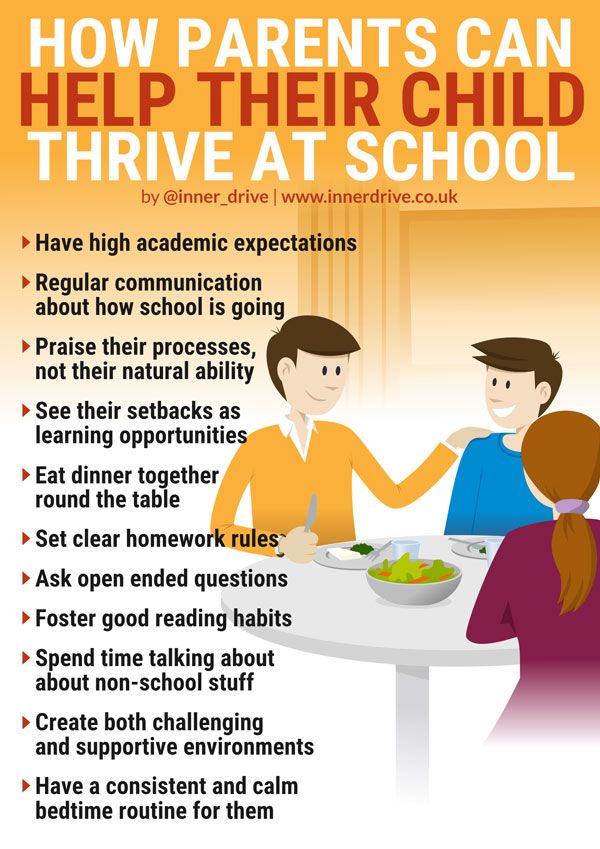 It is necessary that parents do it consciously, with an understanding of the complexities of motherhood and fatherhood and, of course, responsibility. Fortunately, it is impossible to program the appearance, character and abilities of a child. That is why every person is unique and unrepeatable. nine0005
It is necessary that parents do it consciously, with an understanding of the complexities of motherhood and fatherhood and, of course, responsibility. Fortunately, it is impossible to program the appearance, character and abilities of a child. That is why every person is unique and unrepeatable. nine0005
Your child is unique and inimitable! He has his own set of qualities that no one else has. All that is in it is a piece of parents: mom and dad. Already for this you need to love your child and accept all his features. This is the unconditional acceptance of the child.
Unconditional acceptance rules:
- I love my child because it is MY child.
- I accept the child as he is.
- My child is good, although he may sometimes act badly. It's not the child that's bad, it's the act. nine0335
- I believe that my child has many virtues, the main thing is to find them.
- I want him to find himself in life.
The child's life should not correspond to your desires, but to his inclinations, abilities and preferences. By accepting your child, you learn how to interact with him correctly.
By accepting your child, you learn how to interact with him correctly.
Acceptance as the main principle of education
Children do not always behave the way we want them to. It is important to understand what exactly needs to be changed in communication in order to make it productive. nine0005
By accepting any childish behavior, you accept yourself as a parent and educator. Are you satisfied with everything? There is something to think about. Our recommendations will help you.
-
Look for an approach to the child. First understand what you expect from him, and then combine this with the possibilities of the child. Perhaps the child has a certain type of perception of information, poorly perceiving it by ear, or it is difficult for him to learn a large text at once - he needs step-by-step instructions. Constantly consider its features. nine0005
-
Speak the same language with your child. The child does not understand something because it is poorly explained to him.
 Learn to speak to children in their language.
Learn to speak to children in their language. -
Watch your child. People often don't say what they think and hide their emotions. This also applies to children. It is difficult for children to hide their emotions, and when observed, it becomes obvious what the child likes, what causes him negativity, and what frankly hurts.
nine0334 -
Education has no time limits. Education does not consist in notations. The educational process takes place constantly - even when the child is not around. Children have the ability to change. With age, the character, appearance, interests and inclinations of the child change.
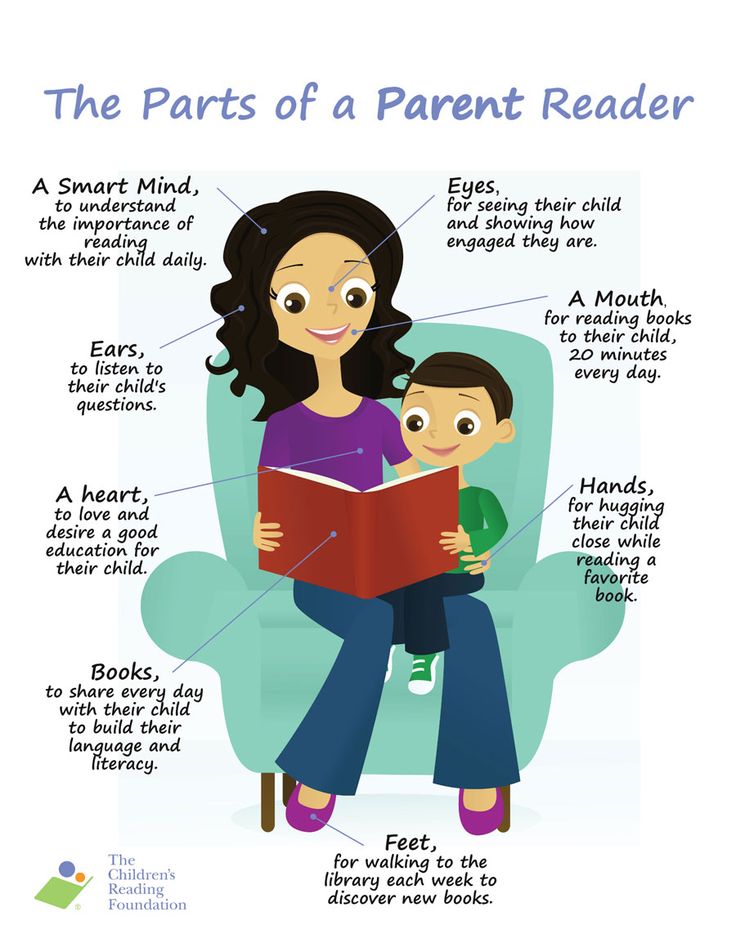
Give up unrealistic tasks. Is it necessary to torture a child with music lessons if he has no hearing? The answer is obvious. This rule must be respected in all areas of activity. Let go of your own ideas and expectations. What matters is what your child can do, not what you expect.
 Parents have control over their child's attendance and this includes
arriving on time to school, and not taking students out in the middle
of the school day.
Parents have control over their child's attendance and this includes
arriving on time to school, and not taking students out in the middle
of the school day.  When a child needs
help on homework or other special projects, it is their parents that
they turn to. Parents need to offer support and help their children.
They may even need to find help outside of the home, a tutor, for example.
When a child needs
help on homework or other special projects, it is their parents that
they turn to. Parents need to offer support and help their children.
They may even need to find help outside of the home, a tutor, for example.


 The parents are responsible for making sure that these other
activities are not impeding on their child's education.
The parents are responsible for making sure that these other
activities are not impeding on their child's education.  They need parental support. One way for parents to support their children
is by helping them with homework.
They need parental support. One way for parents to support their children
is by helping them with homework. Parents may also need to help their child
break their homework into smaller tasks, and help them plan for long
term assignments.
Parents may also need to help their child
break their homework into smaller tasks, and help them plan for long
term assignments. html.
html.


